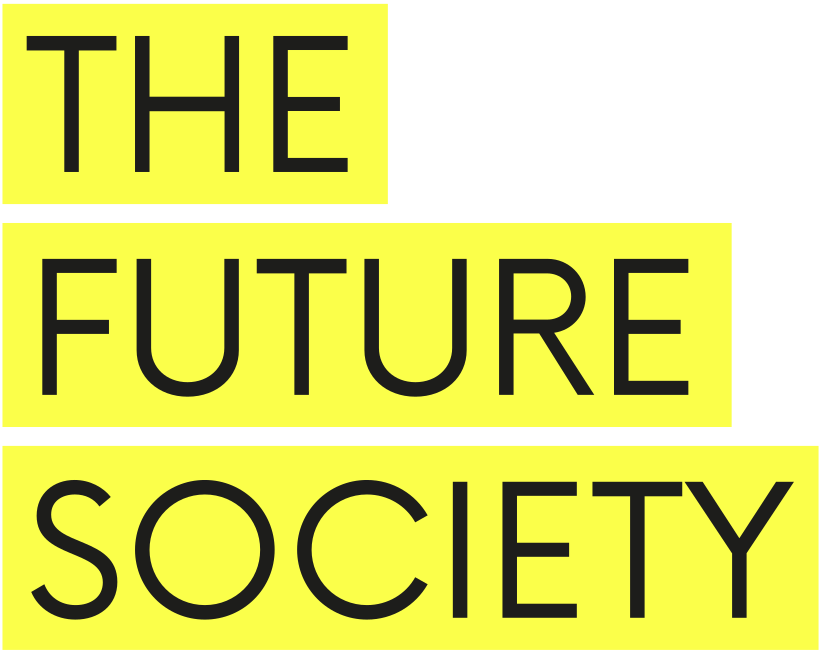Main Insight
To aid in our information-gathering efforts, starting today, we are inviting those associated with the development of AI systems used in COVID-19 pandemic response to complete our survey by August 2nd, 2021.
Classifying AI systems used in COVID-19 response
July 26, 2021
The Future Society (TFS), with support from the Global Partnership for AI (GPAI) and the OECD, is welcoming those associated with the development of AI systems used in COVID-19 pandemic response to complete this survey by August 2nd, 2021 AoE. This includes AI systems launched during the pandemic as well as repurposed pre-existing systems. The survey is based on the OECD Framework for Classification of AI Systems; we expect it will take 15-25 minutes to complete. Data collected via this survey will be shared on an open-access, GPAI-labeled repository. One to three of the most promising classified AI systems—in terms of impact, practicality, and scalability—will be selected by the GPAI AI & Pandemic Response Subgroup for support in some form by GPAI. We would be grateful if you would share this invitation with those for whom the survey may be relevant.
—
Last year, The Future Society, with support from the GPAI AI & Pandemic Response Subgroup, conducted an analysis of emerging AI “initiatives”—including AI systems, governance mechanisms, ethical/policy frameworks, and platforms to fast-track research and crowdsource projects—targeted towards COVID-19 pandemic response.
In our findings, published in Responsible AI in Pandemic Response, we overviewed initiatives’ key enabling factors: characteristics that underlie their present and likely future success, such as their organizational architecture, credibility, innovativeness, and implementation of adaptive strategies. The key enabling factors that emerged included the following: the implementation of open science; cross-sectoral and interdisciplinary collaboration; acceleration and refinement of logistical processes that faced exceptional strain during the pandemic; and the capability of being reused or repurposed in future pandemics. We also presented common challenges that initiatives faced, including: time-consuming procedures to establish compliance with existing data protection and privacy regulations; a lack of reliable access to appropriate datasets; and heightened public concern and scrutiny around the use and collection of sensitive healthcare data.
To respond to the extraordinary circumstances of the pandemic, we concluded our report with a number of recommendations for the AI & Pandemic Response Subgroup, including:
- Co-shaping a Global Health Data Governance Framework, with other authoritative multilateral institutions, which will facilitate the development of AI tools that utilize medical data for drug discovery and clinical treatment;
- Supporting the development of a centralized portal for the advancement of cross-sectoral and interdisciplinary research;
- Addressing existing social acceptability challenges that hinder public and medical adoption of AI tools and applications;
- Setting up agile task forces that traverse GPAI working groups and respond to immediate needs and challenges.
In June, 2021, acting upon Recommendations 2 and 4, the Subgroup formed a Project Steering Group to launch the AI-Powered Immediate Response to Pandemics project, with the goal of “directly [supporting] impactful and practical AI initiatives to help in the fight against the COVID-19 pandemic.” The Future Society is honored to have been selected as a partner in this project to produce a “living repository” (an open-access, regularly-updated dataset) of AI initiatives developed and used in the context of the COVID-19 pandemic. You are welcome to read more information about the project and commentary from the analysts in our post on the The AI Wonk, curated by the OECD.
Happening now!
To aid in our information-gathering efforts, starting today, we are inviting those associated with the development of AI systems used in COVID-19 pandemic response to complete this survey by August 2nd, 2021 AoE. In addition to crowdsourcing input via this survey, our analysts have begun classifying systems identified in last year’s report. The metrics we will use to analyze these systems include those delineated in the OECD Framework for the Classification of AI Systems, as well as additional metrics devised for this particular use case with the Project Steering Group. Beginning August 2021, Subgroup members will utilize this repository to select one to three of the most promising initiatives—in terms of impact, practicality, and scalability—to be supported by GPAI.
For comments or inquiries, please contact samuel.curtis@thefuturesociety.org.


